|
|
2017-2018 Catalog ARCHIVED CATALOG: Content may no longer be accurate.
Course Descriptions - ECE, ENGR
|
|
Department of Engineering
ECE 1000 - Introduction to Electrical Engineering Credits: (2)
Typically taught:
Fall [Full Sem]
Spring [Full Sem]
An introductory course to Electrical & Computer Engineering topics including electronic terms, numbering systems, software tools, and documentation practices. College algebra and trigonometry are strongly recommended.
 
ECE 1270 - Introduction to Electrical Circuits Credits: (4)
Typically taught:
Fall [Full Sem]
The basics of analog circuits as an introduction to Electrical Engineering. Concepts of voltage, current, power, resistance capacitance and inductance. Circuit analysis techniques such as Kirchhoff’s Laws, node voltages, and mesh currents. Thevenin’s and Norton’s equivalent circuits, sinusoidal steady state and phasors. Lecture and lab combination. Prerequisite: MATH 1210 .
 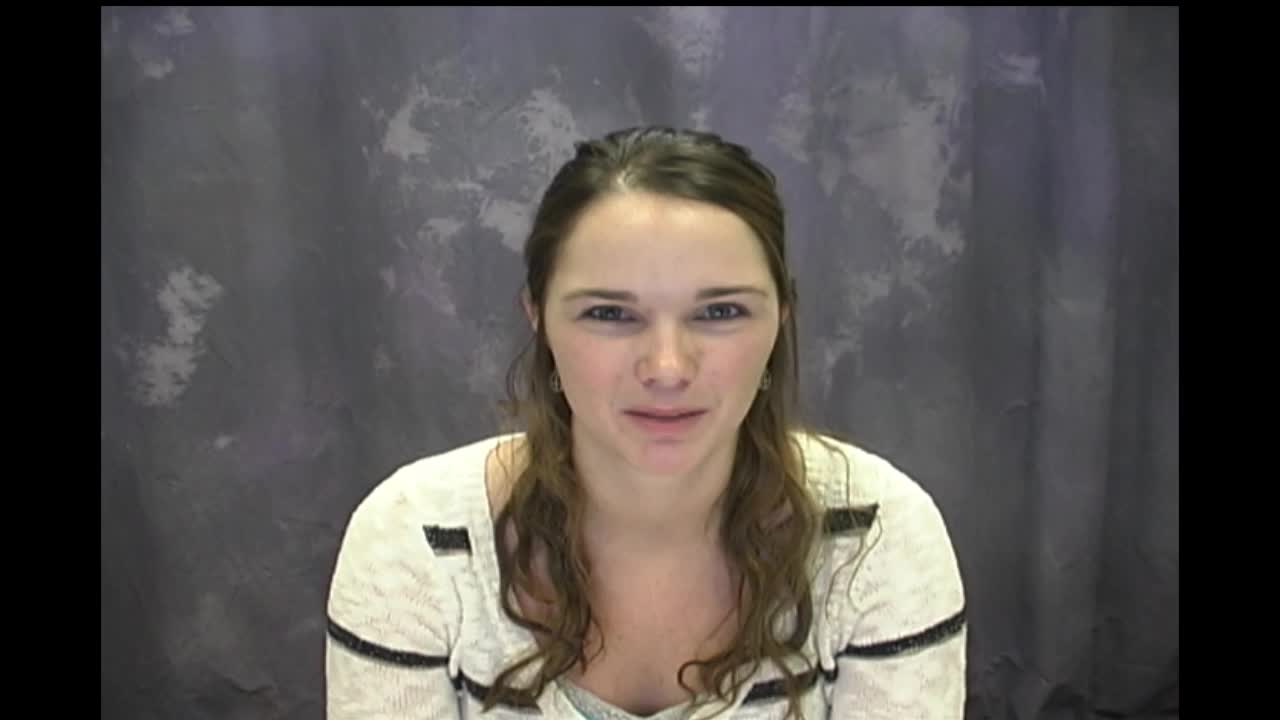
ECE 2260 - Fundamentals of Electrical Circuits Credits: (4)
Typically taught:
Spring [Full Sem]
Fundamental electric-circuit techniques including: time domain transient responses for 1st and 2nd order circuits, Laplace transforms, Fourier series, and filters. Lecture and lab combination. Prerequisite: ECE 1270 and MATH 1220 .
 
ECE 2700 - Digital Circuits Credits: (4)
Typically taught:
Fall [Full Sem]
Spring [Full Sem]
An introduction to digital electronics, integrated circuits, numbering systems, Boolean algebra, gates, flip-flops, multiplexers, sequential circuits, combinational circuits, and computer architecture. Introduction to hardware description language and programmable logic devices. Lecture and lab combination. Laboratory activities to include the design, construction, analysis, and measurement of basic digital systems. Prerequisite: ECE 1000 or ENGR 1000 . May be taken concurrently. Co-Requisite: (Recommend) CS 2250 or CS 1410 .
 
ECE 3000 - Engineering Seminar Credits: (1)
Typically taught:
Fall [Full Sem]
An engineering seminar course designed to prepare the student for professional engineering employment. Topics to include resumes, hiring criteria, interviewing techniques, engineering ethics, professional and societal responsibilities, lifelong learning, diversity, creative problem solving, goals, quality, timeliness, and continuous improvement. The students will research related topics and write a paper. Prerequisite: ECE 1270 .
 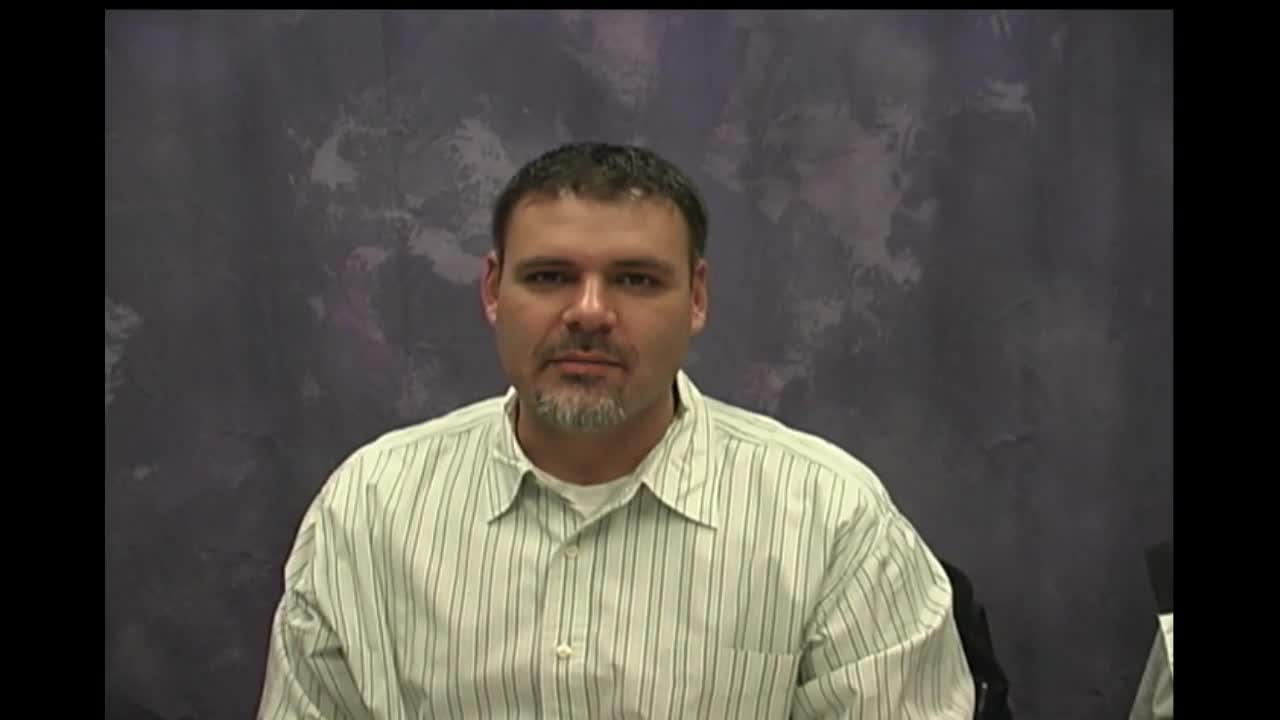
ECE 3110 - Microelectronics I Credits: (4)
Typically taught:
Fall [Full Sem]
Fundamental semiconductor device characteristics including diodes, MOSFETs and bipolar transistors; small and large signal characteristics and design of linear circuits. Lecture and lab combination. Laboratory activities to include the design, construction, computer simulation, and analysis of semiconductor circuits, amplifiers and power supplies. Prerequisite: ECE 2260 .
 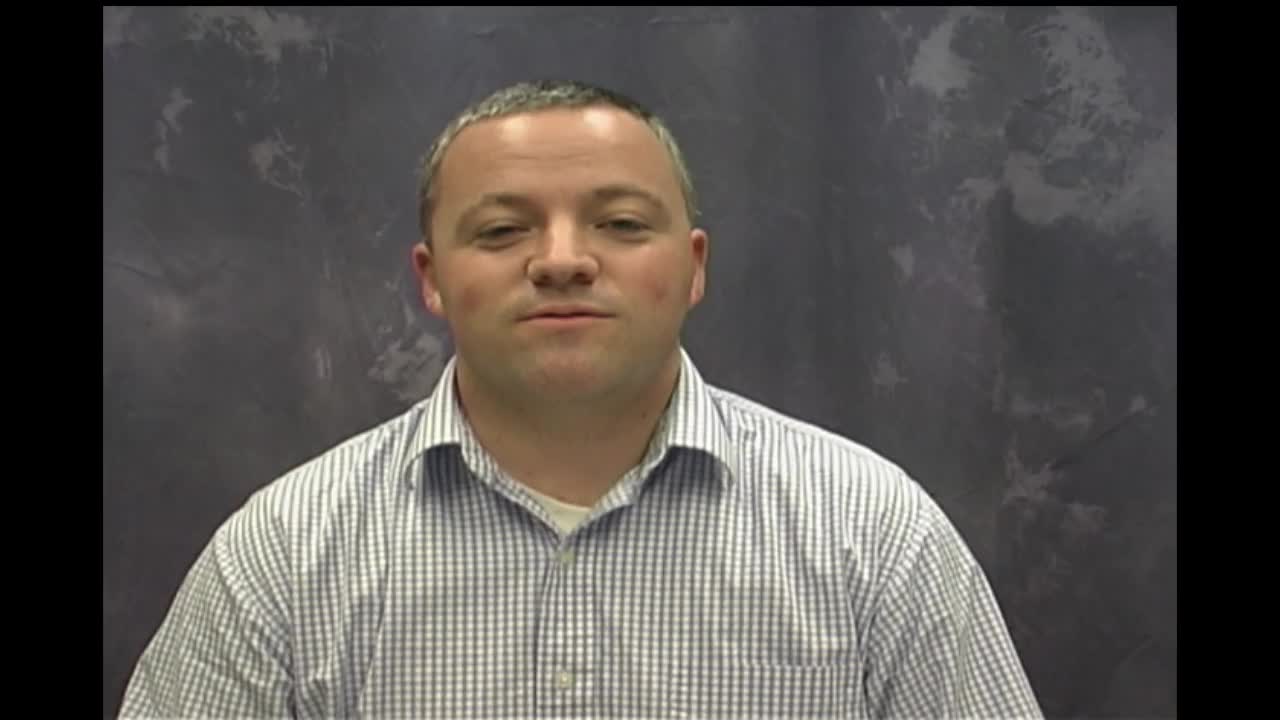
ECE 3120 - Microelectronics II Credits: (4)
Typically taught:
Spring [Full Sem]
Intermediate topics related to microelectronics including differential and multistage amplifiers, frequency response, feedback systems, power amplifiers, filters, and signal generation. Lecture and lab combination. Laboratory activities to include the design, construction, computer simulation, and analysis of filters and advanced circuits. Prerequisite: ECE 3110 .
 
ECE 3210 - Signals and Systems Credits: (4)
Typically taught:
Fall [Full Sem]
Topics related to the analysis of linear time invariant continuous and discrete systems and signal transformations, convolution, frequency spectra, Laplace transforms, Z transforms, and fast Fourier transforms. Lecture and lab combination. Laboratory activities to include the computer simulation, analysis, and numerical modeling of signals and systems. Prerequisite: ECE 2260 and MATH 2250 or MATH 2270 and MATH 2280 .
 
ECE 3310 - Electromagnetics I Credits: (4)
Typically taught:
Spring [Full Sem]
An introduction to electrostatics, magnetostatics and Maxwell’s equations with specific applications to wave propagation and transmission line theory. Lecture and lab combination. Laboratory activities to include the design, construction, and analysis of RF radar subsystems. Prerequisite: MATH 2210 , PHYS 2220 , and ECE 2260 .
 
ECE 3610 - Digital Systems Credits: (4)
Typically taught:
Fall [Full Sem]
Introduction to microprocessor architecture, arithmetic logic units, memory systems, input/output interfaces, peripheral devices, and communication. Lecture and lab combination. Laboratory activities to include the programming and operation of microprocessor circuits. Prerequisite: ECE 2700 and CS 2250 or CS 1410 .
 
ECE 3710 - Embedded Systems Credits: (4)
Typically taught:
Spring [Full Sem]
Design and implementation of a microcontroller or microprocessor embedded system including assembly language programming, interfacing to peripherals, interrupt handling and debugging techniques. Lecture and Lab. Laboratory exercises build toward a final embedded systems project. Prerequisite: ECE 2700 , and CS 2250 or CS 1410 .
 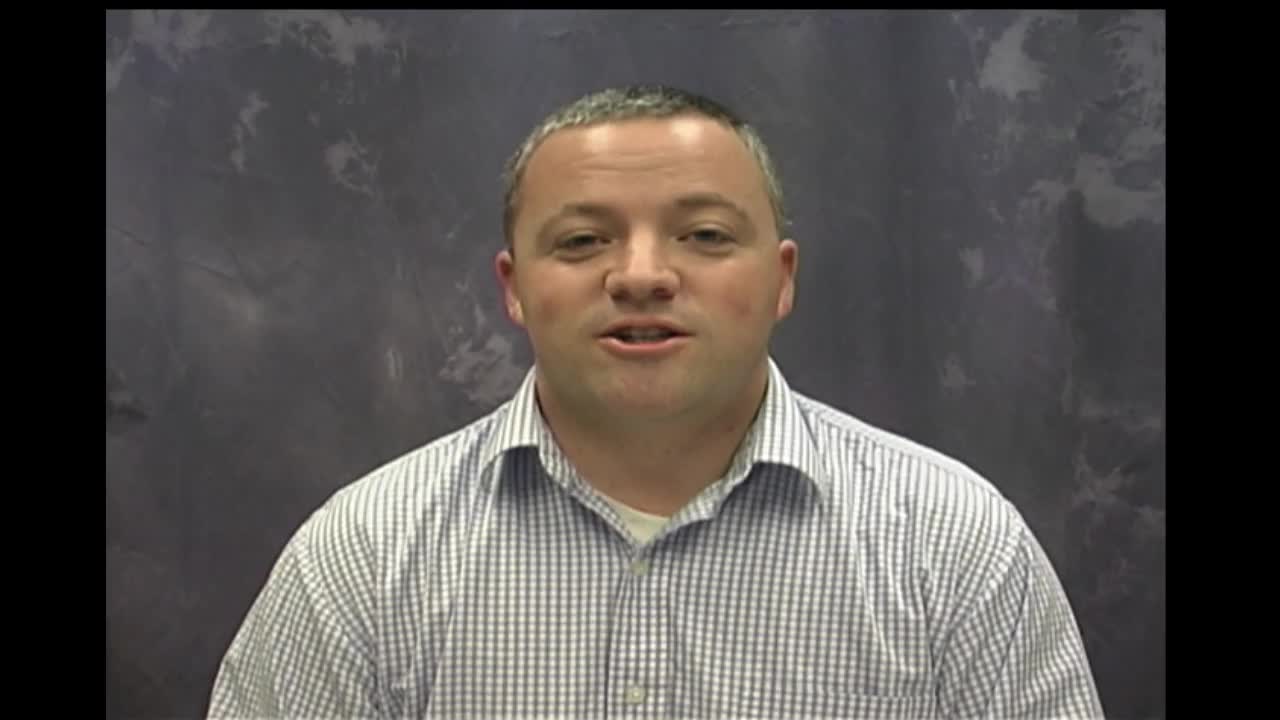
ECE 3890 - Internship Credits: (2)
Typically taught:
Fall [Full Sem]
Spring [Full Sem]
Summer [Full Sem]
This is a core course that is required for the BS Engineering degree. ECE 3890 can be taken a maximum of three times for a total of six credits, but only two credits count toward the major. The student will need department approval before being allowed to register. Prerequisite: Permission from the department.
 
ECE 4010 - Senior Project I Credits: (2)
Typically taught:
Fall [Full Sem]
Spring [Full Sem]
Students will be required to complete a 200-hour engineering project in a team environment. Project management and problem solving techniques will be emphasized. Topics to include goal setting, developing milestone charts, writing contracts, conducting research, project design and construction, testing and analysis, project documentation, and design review presentations. Prerequisite: Permission from the department.
 
ECE 4020 - Senior Project II Credits: (2)
Typically taught:
Spring [Full Sem]
Fall [Full Sem]
A continuation of Senior Project I. Students will be required to complete a significant engineering project in a team environment. Project management and problem solving techniques will be emphasized. Topics to include goal setting, developing milestone charts, writing contracts, conducting research, project design and construction, testing and analysis, project documentation, and design review presentations. Prerequisite: ECE 4010 .
 
ECE 4100 - Control Systems Credits: (4)
Typically taught:
Fall [Full Sem]
Topics related to control theory, analysis, and testing of systems in the time domain, frequency domain and state space. Lecture and lab combination. Prerequisite: ECE 3110 and ECE 3210 .
 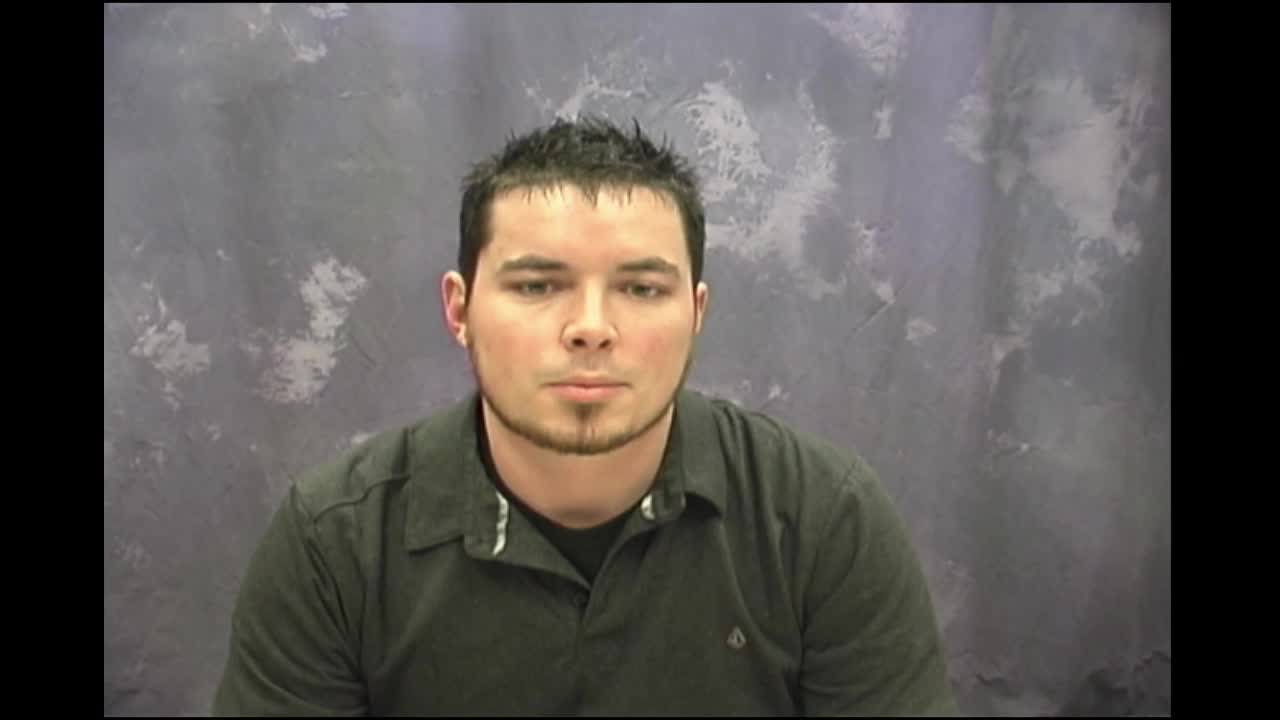
ECE 5110 - Digital VLSI Design Credits: (3)
Typically taught:
Fall [Full Sem]
Introduction to Digital VLSI design. Includes the development of standard cell library of common CMOS circuits. Use of hardware description language and CAD tools for the design and simulation of custom large-scale digital systems. Students will understand the impacts and tradeoffs from speed, power consumption, and thermal properties of large-scale custom ICs. Prerequisite: ECE 3610 .
ECE 5120 - Advanced VLSI Design Credits: (3)
Typically taught:
Spring [Full Sem]
Design of stable asynchronous VLSI systems. Course includes design, modeling, synthesis, optimization, and verifcation of asynchronous circuits and large-scale systems. Students will develop custom asynchronous libraries and utilize them for system design utilizing CAD programs. Prerequisite: ECE 5110 .
ECE 5130 - Advanced Semiconductor Devices Credits: (3)
Typically taught:
Spring [Full Sem]
Introduction to advanced semiconductor physics and devices. Topics include carrier transport theory, energy band diagrams, PN junctions, metal-semiconductor junctions, BJTs and MOSFETs. Study of current semiconductor process technologies and discussion of off-roadmap technologies. Prerequisite: PHYS 2220 and ECE 3110 .
ECE 5210 - Digital Signal Processing Credits: (3)
Typically taught:
Fall [Full Sem]
Spring [Full Sem]
Theory, application, and implementation of digital signal processing (DSP) concepts, from the design and implementation perspective. Topics include: Fast Fourier transforms, adaptive filters, state-space algorithms, random signals, and spectral estimation. Prerequisite: ECE 3210 .
 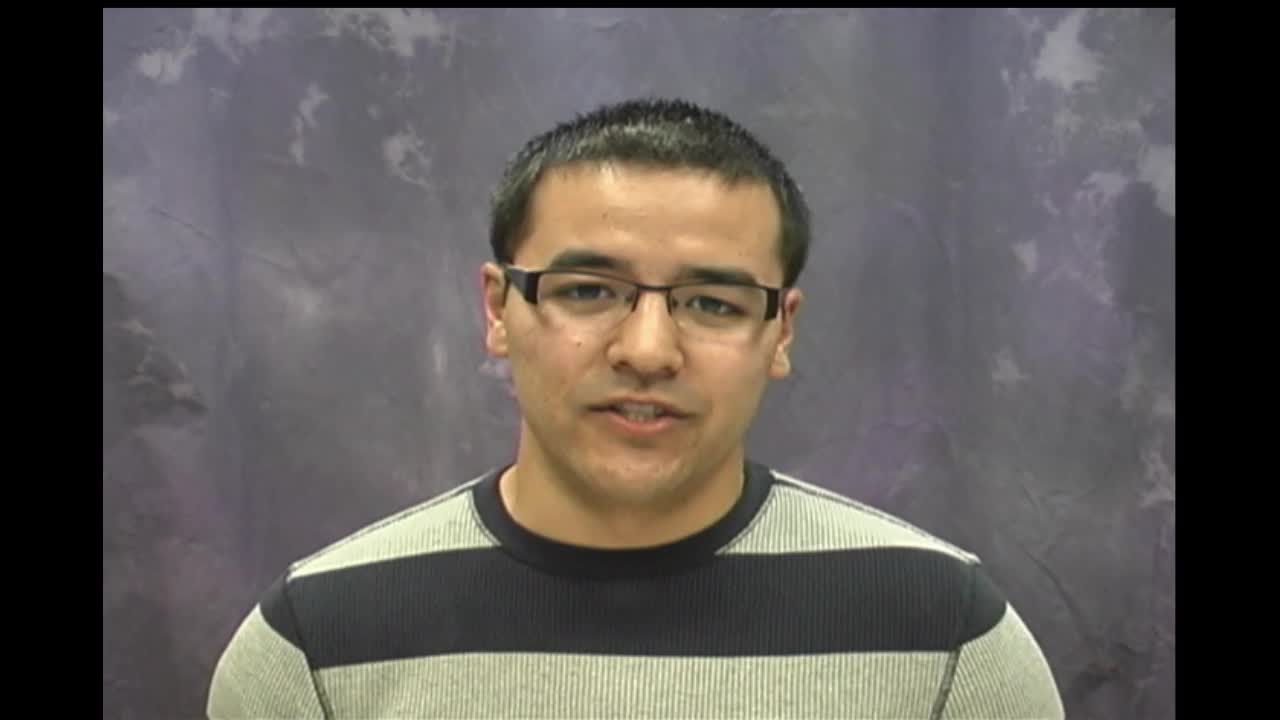
ECE 5220 - Image Processing Credits: (3)
Typically taught:
Spring [Full Sem]
Advanced image processing theory and methods. Topics include digital image formation, transformation, filtering, enhancements, segmentation and morphological processing. Lectures, computer assignments and project (including term paper). Prerequisite: ECE 3210 .
ECE 5310 - Electromagnetics II Credits: (3)
Typically taught:
Fall [Full Sem]
Spring [Full Sem]
A study of intermediate electromagnetic issues common to circuits, systems, and communication networks. Prerequisite: ECE 3310 .
ECE 5410 - Communication Circuits and Systems Credits: (3)
Typically taught:
Spring [Full Sem]
A study of communication circuits, modulation and decoding theory, spectrum usage, networks, and protocols. Prerequisite: ECE 3210 and MATH 3410 .
 
ECE 5420 - Digital Communication Credits: (3)
Typically taught:
Fall [Full Sem]
This course provides an in-depth coverage of the theory, analysis, and design of digital communications systems with an emphasis on advanced topics related to wired, wireless data communication and the physical networking layer. Topics include QPSK, QAM, PAM, CSMA/CD, SONET, ADSL, and/or MACAW. Spread spectrum concepts such as FHSS, DSSS, OFDM, MIMO and/or cooperative communication techniques may be included. Students will develop Matlab based models to emulate the concepts. The course will include group projects as well as individual assignments. The course would be beneficial particularly to students who are interested in doing work/research in fields related to communications, networks, and signal processing.
ECE 5510 - Power Systems Credits: (3)
Typically taught:
Spring [Full Sem]
A study of AC and DC power systems and machines, including single and 3-phase power, power factor and correction, transformers, synchronous and induction machines, DC motors, power transmission lines, and analysis of power flow and faults. Lecture and Lab combination. Prerequisite: ECE 2260 . Prerequisite/Co-requisite: ECE 3310 .
ECE 5710 - Real-Time Embedded Systems Credits: (4)
Typically taught:
Fall [Full Sem]
An advanced course on real-time embedded system design. Topics include task concurrency, scheduling paradigms, synchronization, resource access control, and inter-process communication. Lecture and Lab combination. Prerequisite: ECE 3710 .
ECE 5800 - Individual Studies Credits: (1-4)
The students will receive credit for approved studies in the Electrical & Computer Engineering programs. A maximum of four credits can count as an elective course in the Electrical & Computer Engineering programs.
 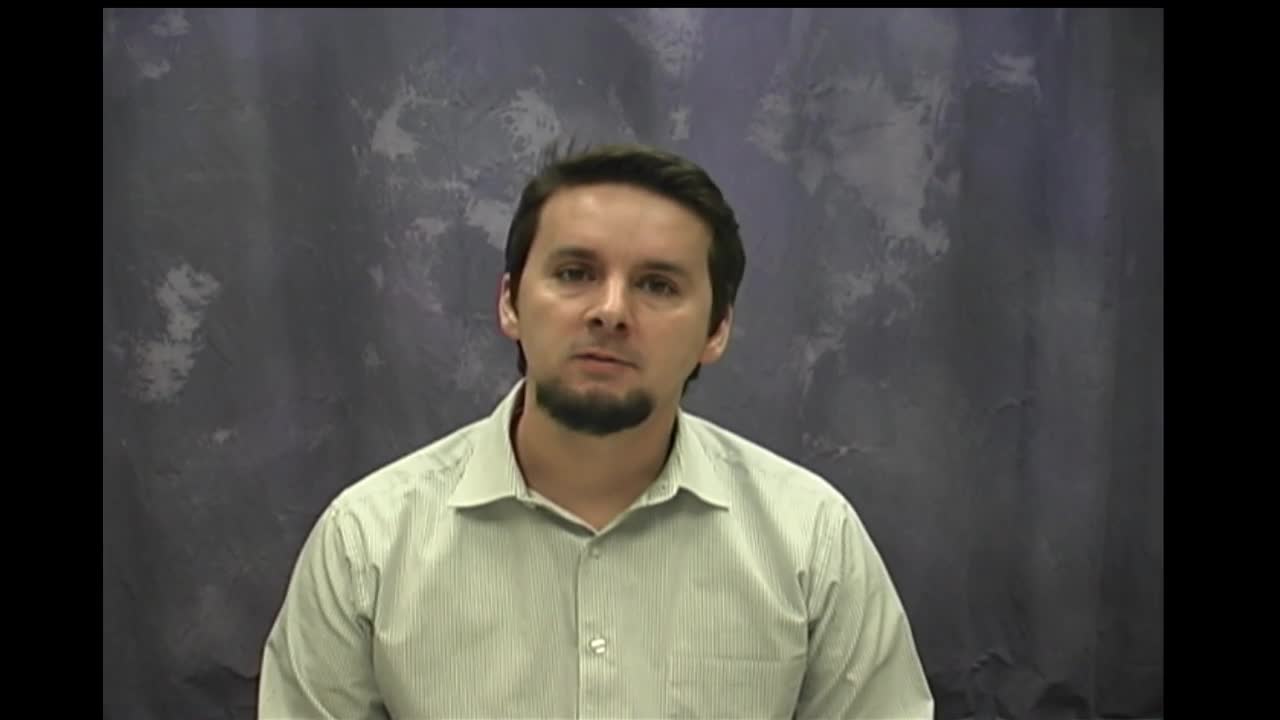
ECE 5900 - Special Topics Credits: (1-4)
A one-time special study course designed to introduce a new relevant topic that is not covered in the Electrical & Computer Engineering programs. Lecture and lab combination. Laboratory activities support the selected course topic. A maximum of four credits can be counted for the Electrical & Computer Engineering programs.
ECE 6010 - Design Project Credits: (2-6)
Students are required to complete a substantial engineering design project. Students must demonstrate proficiency in research, design, analysis, project planning, implementation, testing, presentation and documentation. Students receive T (temporary) grades until their final design review, after which these grades are changed retroactively. Students must be enrolled in ECE 6010 at the time of their final design review. This course may be repeated. Prerequisite: Permission from the department.
ECE 6110 - Digital VLSI Design Credits: (3)
Introduction to Digital VLSI design. Includes the development of standard cell library of common CMOS circuits. Use of hardware description language and CAD tools for the design and simulation of custom large-scale digital systems. Students will understand the impacts and tradeoffs from speed, power consumption, and thermal properties of large-scale custom ICs. Prerequisite: ECE 3610 .
ECE 6120 - Advanced VLSI Design Credits: (3)
Design of stable asynchronous VLSI systems. Course includes design, modeling, synthesis, optimization, and verifcation of asynchronous circuits and large-scale systems. Students will develop custom asynchronous libraries and utilize them for system design utilizing CAD programs. Prerequisite: ECE 3610 .
ECE 6130 - Advanced Semiconductor Devices Credits: (3)
Introduction to advanced semiconductor physics and devices. Topics include carrier transport theory, energy band diagrams, PN junctions, metal-semiconductor junctions, BJTs and MOSFETs. Study of current semiconductor process technologies and discussion of off-roadmap technologies. Prerequisite: PHYS 2220 and ECE 3110 .
ECE 6210 - Digital Signal Processing Credits: (3)
Theory, application, and implementation of digital signal processing (DSP) concepts, from the design and implementation perspective. Topics include: Fast Fourier transforms, adaptive filters, state-space algorithms, random signals, and spectral estimation. Prerequisite: ECE 3210 .
ECE 6220 - Image Processing Credits: (3)
Advanced image processing theory and methods. Topics include digital image formation, transformation, filtering, enhancements, segmentation and morphological processing. Lectures, computer assignments and project (including term paper). Prerequisite: ECE 3210 .
ECE 6410 - Communication Circuits and Systems Credits: (3)
A study of communication circuits, modulation and decoding theory, spectrum usage, networks, and protocols. Prerequisite: ECE 3210 and MATH 3410 .
ECE 6420 - Digital Communication Credits: (3)
This course provides an in-depth coverage of the theory, analysis, and design of digital communications systems with an emphasis on advanced topics related to wired, wireless data communication and the physical networking layer. Topics include QPSK, QAM, PAM, CSMA/CD, SONET, ADSL, and/or MACAW. Spread spectrum concepts such as FHSS, DSSS, OFDM, MIMO and/or cooperative communication techniques may be included. Students will develop Matlab based models to emulate the concepts. The course will include group projects as well as individual assignments. The course would be beneficial particularly to students who are interested in doing work/research in fields related to communications, networks, and signal processing. Prerequisite: ECE 3210 and MATH 3410 .
ECE 6710 - Real-Time Embedded Systems Credits: (4)
An advanced course on real-time embedded system design. Topics include task concurrency, scheduling paradigms, synchronization, resource access control, and inter-process communication. Lecture and Lab combination. Prerequisite: ECE 3710 .
ECE 6900 - Special Topics Credits: (1-4)
Typically taught:
Fall [Full Sem]
Spring [Full Sem]
A one-time special study course designed to introduce a new relevant topic that is not covered in the Electrical & Computer Engineering programs. Lecture or lecture and lab combination. Laboratory activities support the selected course topic. May be repeated 10 times and up to 12 credit hours.
ENGR 1000 - Introduction to Engineering Credits: (2)
Typically taught:
Fall [Full Sem]
Spring [Full Sem]
Introduction to engineering for students in the pre-engineering program. Engineering as a profession and career opportunities. Fundamentals of engineering design and analysis using the computer. Prerequisite/Co-requisite: MATH 1060 or MATH 1080 or equivalent.
 
ENGR 2010 - Statics Credits: (3)
Typically taught:
Fall [Full Sem]
Vector mechanics, force and moment systems, equilibrium of particles and rigid bodies, friction and moments of inertia. Prerequisite: MATH 1210 and PHYS 2210 .
 
ENGR 2080 - Dynamics Credits: (4)
Typically taught:
Spring [Full Sem]
Fundamentals of position, velocity and acceleration. Kinematics and kinetics of particles. Newton’s laws, conservation of momentum and energy. Dynamics of rigid bodies. Prerequisite: ENGR 2010 with a grade of “C” or higher.
 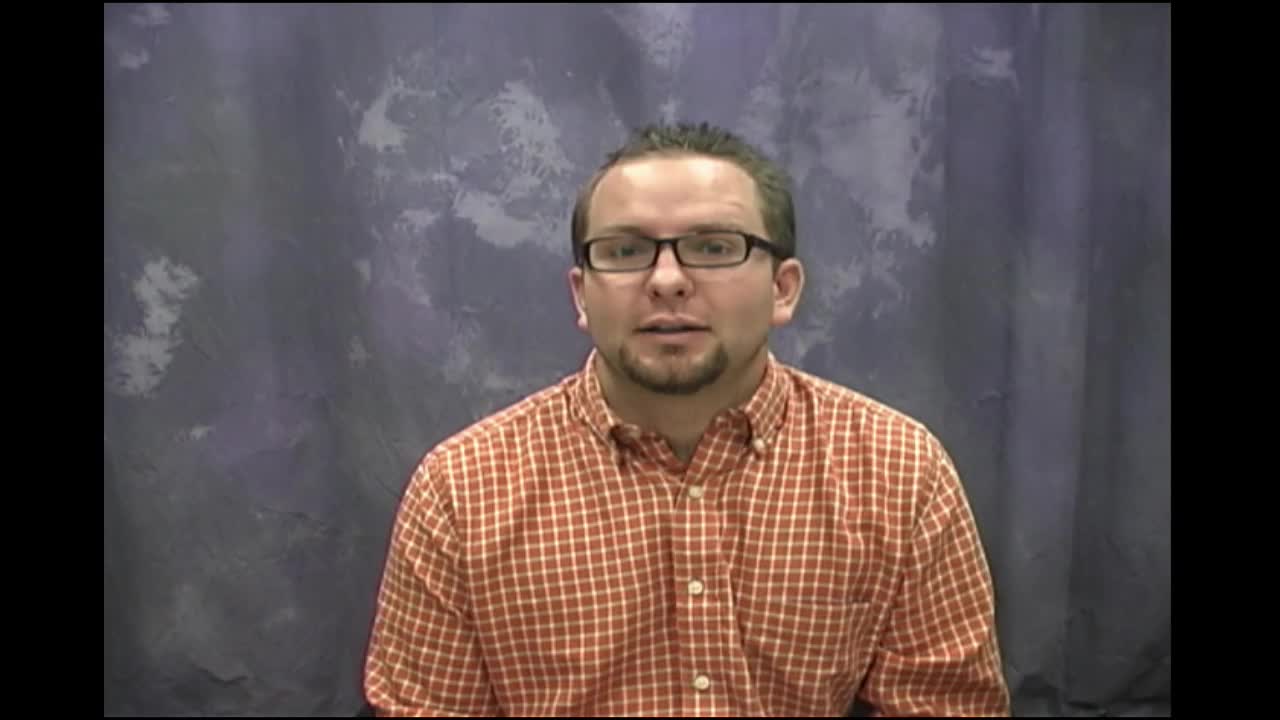
ENGR 2140 - Strength of Materials Credits: (3)
Typically taught:
Spring [Full Sem]
Fundamentals of stress and strain, Hooke’s law, torsion, bending of beams, combined stresses and design of members. Prerequisite: ENGR 2010 with a grade of “C” or higher.
 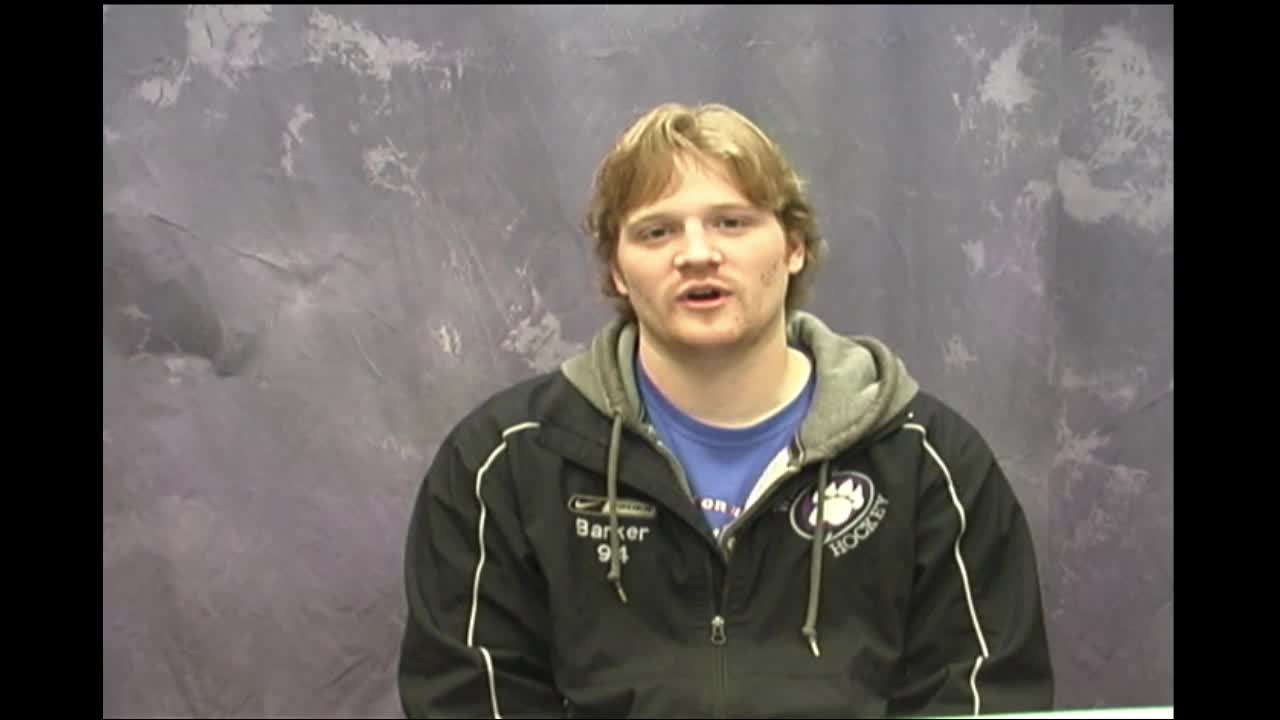
ENGR 2160 - Materials Science and Engineering Credits: (3)
Typically taught:
Spring [Full Sem]
Combined lecture/laboratory course that introduces the fundamentals of atomic and microscopic structure of metals, polymers, ceramics and composite materials, and how these structures affect mechanical, thermal, electrical and optical properties. Prerequisite: CHEM 1210 . Co-Requisite: ENGR 2140 .
 
ENGR 2210 - Electrical Engineering for Non-majors Credits: (4)
Typically taught:
Spring [Full Sem]
Combined lecture/laboratory course as an introduction to electrical engineering for non-electrical engineers. Fundamentals of DC and AC circuits, digital circuits, and power circuits. Prerequisite: MATH 1210 .
 
ENGR 2300 - Thermodynamics I Credits: (3)
Typically taught:
Fall [Full Sem]
Thermodynamic properties, equations of state, first and second laws of thermodynamics. Analysis of open and closed systems, availability and irreversibility, power and refrigeration cycles. Prerequisite: MATH 1210 and PHYS 2210 .
 
ENGR 2920 - Short Courses, Workshops, Institutes and Special Programs Credits: (1-4)
Consult the class schedule for the current offering under this number. The specific title and credit authorized will appear on the student transcript. May be repeated 5 times with a maximum of 6 credit hours.
|
|